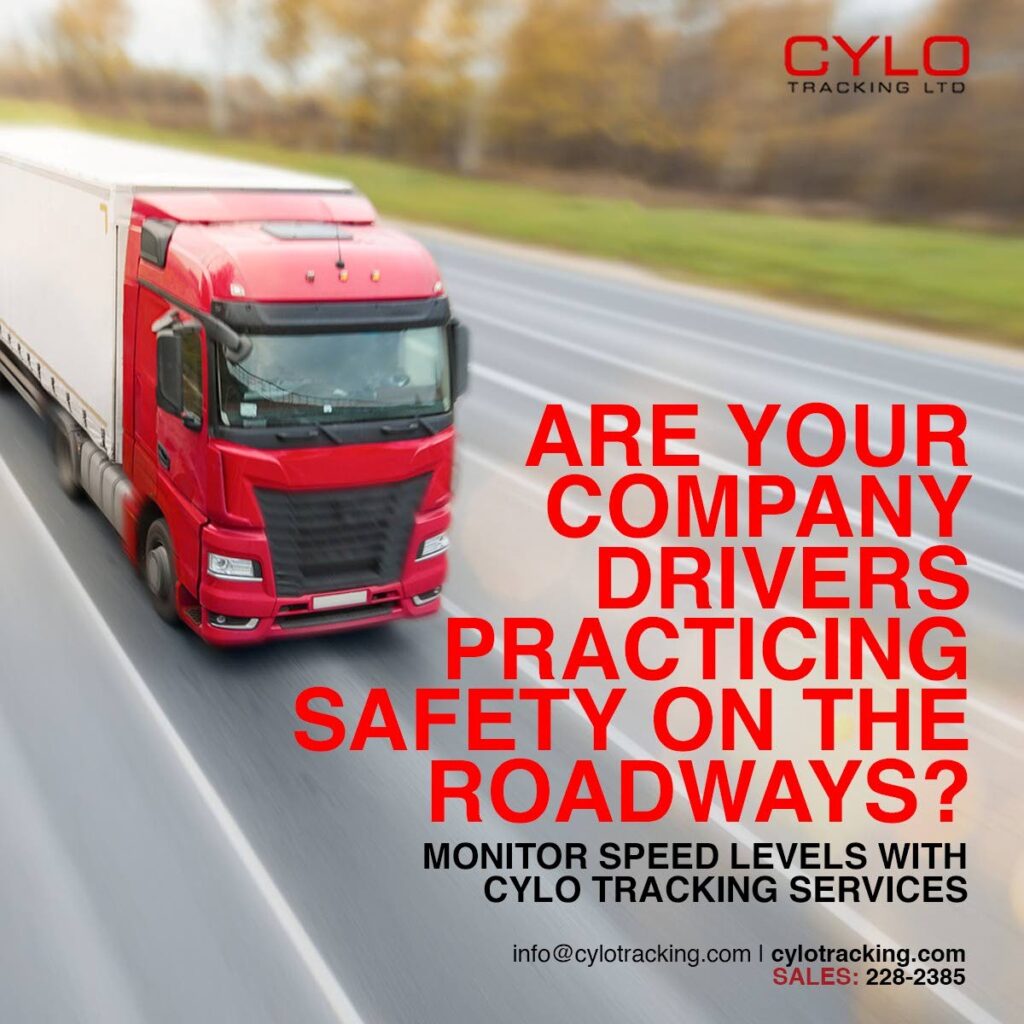How to choose the right fleet management system

This feature is the third in a series of weekly articles discussing fleet management and its relevance in the Caribbean context. This series is being authored on behalf of and sponsored by Cylo Tracking Limited, one of the nation’s foremost solution providers for fleet management services.
Investing in a fleet management system can be a daunting challenge.
With an organisation’s fleet being one of the most expensive assets, selecting a solution to manage this asset base is a decision which can have an impact on your business for years to come.
The right solution enables companies to track and maintain their fleet in a cost-effective manner and can even provide insights for growth.
Moreover, a poor or mismatched solution can soon become a burden on operations or be so "user unfriendly" that it is rarely used. This can be tragic for small and medium enterprises.
So, with the many fleet management solutions available in the local market today, how do you find the best match for your business? In this article we will provide you with a guide through the most relevant criteria that should comprise your evaluation process.
There are six main areas that should be addressed when evaluating any solution for internal stakeholder use within an organisation. These are:
1. The solution feature set (and its relevance to the business’s needs)
2. The user interface
3. Scalability
4. Training
5. After-sale support
6. Cost
The solution feature set and scalability address what can be achieved by the organisation through implementation of the solution.

While the user interface, training and after-sale support criteria determine how well the solution and solution provider support the organisation in driving user adoption and engagement of the solution. No solution can be productive if it does not address all these areas (functionality, adoption, and engagement). And no solution can be effective if the return on investment (determined by cost) is not positive.
The solution feature set
The features provided by the solution of your choice should address the challenges currently incurred by your company as well as one or two features that can help you strategise for growth. Companies in different industries have different requirements. Companies of different sizes will also have different requirements.
For example, a small company with a small fleet should prioritise real-time GPS tracking and insights to reduce operational costs as their foremost considerations.
For companies with mid-sized fleet, their focus should be identifying a GPS tracking system that has all the amenities of an entry-level fleet management system along with some advanced telematics features. In addition to vehicle diagnostics, reduction of fuel consumption, good user interfaces, and driver behaviour analytics.
For large companies, priorities can be narrowed down to detailed vehicle diagnostics such as monitoring engine temperature, on-off time, stopover time, idling, fuel levels, and speeding activities, along with a dedicated server to store these large chunks of data generated from the vehicle diagnostics.
However, at the most basic level, a good FMS should offer the following features:
• GPS tracking
• Admin-generated and system-generated alerts/notifications both on the admin console and for drivers in the field
• Fuel management features
• An admin console/account
• Reporting capabilities
The user interface
The user interface forms the tell-tale sign of an efficient fleet management solution. The ability to remotely monitor fleet helps to single out issues such as excessive idling. This helps save fuel and avoid fines.
Scalability
The fleet management solution selected must be flexible enough to grow with your business. Scalability, flexibility, and reliability are the three pillars of a long-term investment for a successful business.
Training
You should look for solution providers that will either offer training for all internal stakeholders or provide a “Train-the-Trainer” offering. User training impacts solution adoption and solution adoption and frequency of use determines its effectiveness for the organisation.
After-sale support
After-sale support is a critical component to booster training and in the instances where training was either incomplete or missed by users within the organisation.
Cost
The pricing structure for most FMS solution consists of both hardware and software costs. The provider may offer their services on solely subscription basis or some combination of upfront costs and monthly or annual fees. It is important to set a budget limit and to know how much upfront and/or recurring cost your company is prepared to undertake
Next Week: GPS tracking systems: The case for security, accountability, efficiency and cost savings
Cylo Tracking Limited has established itself as one of the premier providers of GPS tracking and fleet management solutions in the country. We provide reliable and cost-effective solutions for residential and commercial customers in the Trini and Guyanese markets. We will also soon be expanding operations into other Caribbean markets as well as the North American region.
If you would like further information about our GPS tracking or fleet management solutions, or you’d like to receive a free consultation and "no obligation" trial for your company, please feel free to contact us using the following information below.
Email: info@cylotracking.com
Phone: +1-868-228-2385 (TT)
+1-592-655-4547 (Guyana)
Website: www.cyclotracking.com


Comments
"How to choose the right fleet management system"